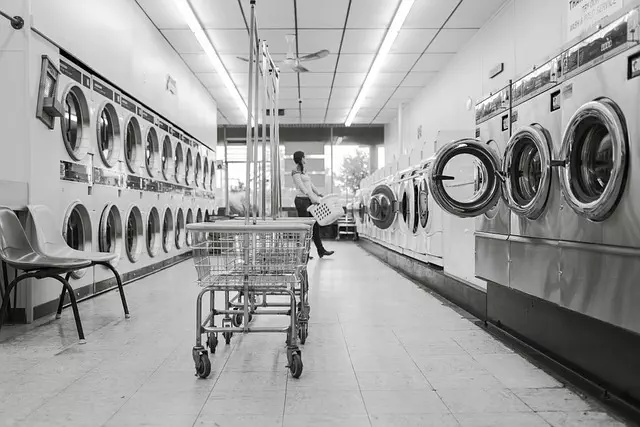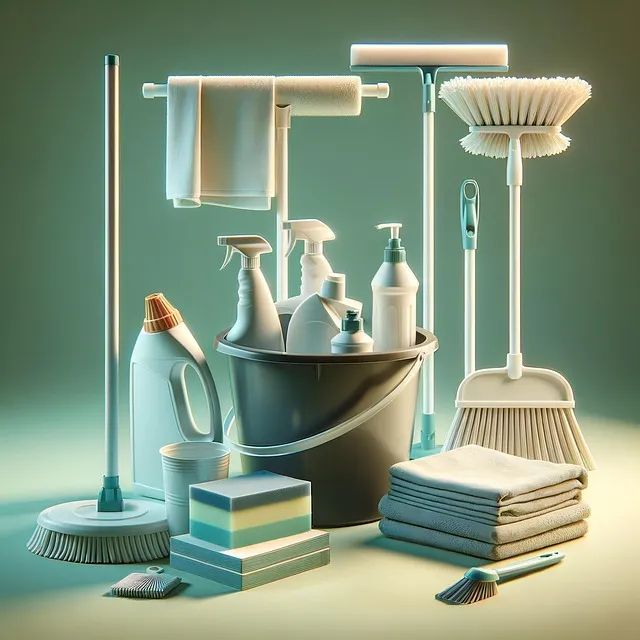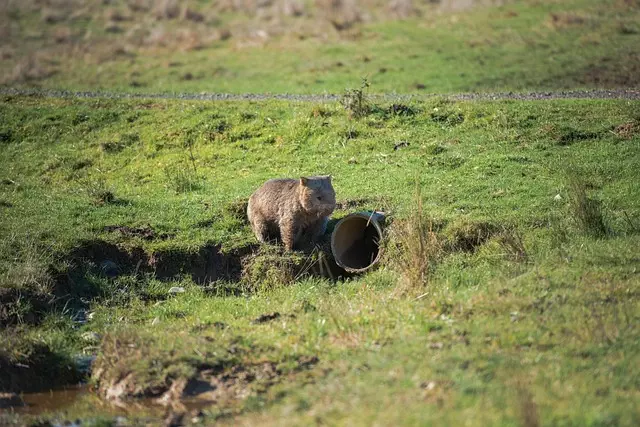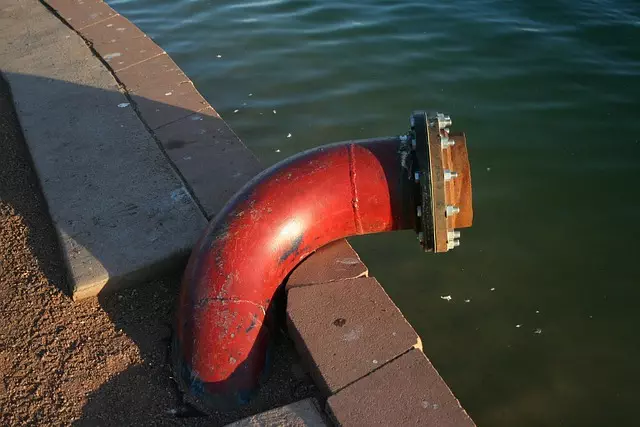This text provides an all-encompassing guide to unclogging drains, focusing on both DIY methods and professional drain cleaning services. It identifies common causes of clogged drains, from grease buildup to tree roots, emphasizing the importance of regular maintenance. For minor clogs, household items like plungers and baking soda/vinegar mixtures are recommended. Chemical cleaners are effective but potentially damaging; natural remedies are safer and cost-effective. For severe blockages, professional tools and expertise are crucial. Green cleaning practices using biodegradable solutions are encouraged for environmental sustainability. The text concludes by reiterating the importance of proactive drain maintenance to prevent costly plumbing issues.
Struggling with slow or blocked drains? You’re not alone. Learn effective fast clogged drain solutions in this comprehensive guide. We’ll break down the causes, from hair and grease buildup to tree root infiltrations. Discover essential tools and equipment for DIY cleaning, explore chemical vs. natural uncloggers, and master step-by-step clearing methods. Additionally, we’ll share preventative measures, signs to call professionals, and eco-friendly cleaning practices for sustainable drain maintenance. Implement these strategies for hassle-free drains.
Understanding Common Causes of Clogged Drains

Clogged drains are a common household issue, often arising from various factors that can range from simple to complex. Understanding these causes is the first step in finding effective solutions. One of the primary reasons for drain clogs is the accumulation of grease, food scraps, and hair—a combination that hardens over time into a sticky substance known as soap scum. This buildup occurs especially in kitchen drains due to the high volume of greasy water and organic waste.
Another frequent cause is the disposal of non-biodegradable items like paper products, sanitary napkins, or even certain types of clothing, which can quickly create blockages when they enter the drain system. Tree roots are also notorious for infiltrating pipes, causing serious clogs, especially in older plumbing systems where pipes are more susceptible to root penetration. Regular maintenance and preventing these common culprits from entering drains can go a long way in ensuring efficient drainage and minimizing the need for professional drain cleaning services.
Tools and Equipment for Effective Drain Cleaning
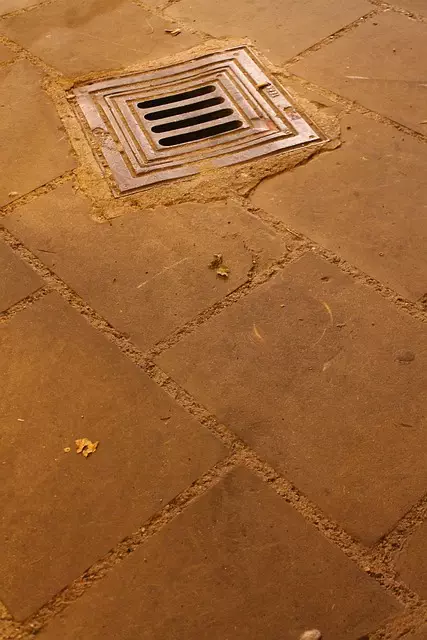
When it comes to tackling a clogged drain, having the right tools can make all the difference. Standard household items like a plunger and a snake (also known as a auger) are often effective for clearing minor clogs. A plunger creates a suction force that can dislodge blockages by pushing air down the drain, while a snake is a flexible metal cable that you insert into the drain to break up or pull out the clog. For more stubborn clogs, consider investing in a power drill with a specialized bit for deeper cleaning.
For professional-grade drain cleaning, you might need heavy-duty equipment like high-pressure water jetters and chemical drain cleaners. Water jetters use powerful streams of water to blast away buildup, while chemical cleaners dissolve or break down clogs. These tools are best left to the experts, as they can be damaging if not used properly. However, having a basic toolkit ready for minor issues can save you time, money, and the hassle of calling a plumber for every small clog.
Chemical vs Natural Drain Uncloggers: Pros and Cons
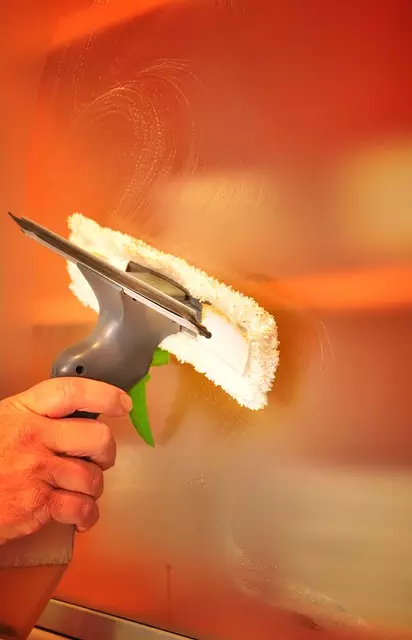
When it comes to unclogging drains, there are two primary methods: chemical drain cleaners and natural remedies. Chemical cleaners, while effective in tackling stubborn clogs, have their drawbacks. They can be harmful to pipes over time, causing damage that leads to costly repairs. Additionally, these chemicals often emit strong odors and can pose risks to children and pets if not used properly. On the other hand, natural drain uncloggers like baking soda, vinegar, or hot water are eco-friendly and safer for household use. They cost less and are readily available without any harmful side effects. However, their effectiveness might be limited compared to chemical solutions, especially for severe clogs that require more aggressive treatment.
For routine drain cleaning, natural methods are a healthier and more sustainable choice. But for persistent or recurring clogs, chemical cleaners could offer the necessary power. It’s essential to understand these pros and cons before deciding on a drain-unclogging method, ensuring you choose the best solution based on your specific situation.
Step-by-Step Guide to Clearing a Clogged Sink

Unclogging your sink is a simple, DIY task that can save you time and money. Here’s a step-by-step guide to help you clear a clogged sink fast. Start by gathering a few household items like a plunger, hot water, baking soda, and vinegar. First, pour a cup of hot water down the drain to loosen any built-up grime. Then, mix a tablespoon of baking soda with a cup of white vinegar in the drain and let it sit for 30 minutes. The combination will create a fizzing reaction, which helps break up clogs. After waiting, use the plunger to push and pull vigorously – this should dislodge any debris. If the sink is still blocked, repeat the process with hot water and the baking soda-vinegar mixture until the drain flows freely.
Dealing with More Severe Drain Blockages

When dealing with more severe drain blockages, it’s crucial to understand that DIY methods might not be sufficient. In such cases, professional drain cleaning services become indispensable. Skilled plumbers employ specialized equipment and powerful chemicals to break down stubborn clogs, restoring proper drainage. This is particularly effective for commercial properties or homes with complex plumbing systems.
Professional intervention ensures a thorough and long-lasting solution. Plumbers can identify the root cause of repeated blockages and offer preventive measures. Regular maintenance and cleaning by experts can save you from frequent, costly clogs, ensuring your drains function optimally.
Preventative Measures to Avoid Future Clogs

To prevent future clogs, regular maintenance is key. Start by using a drain cover or catcher to trap hair and other debris from entering your drains. This simple step can significantly reduce the buildup of gunk over time. Additionally, avoid pouring grease, fats, or oil down the sink; instead, dispose of them properly in the trash.
Regularly cleaning your drains with hot water and a natural solvent like baking soda and vinegar can help keep things flowing smoothly. For more stubborn clogs, consider using a snake or plumber’s tool to break up any built-up material before it causes significant issues. Remember, proactive measures such as these will save you time and money in the long run, keeping your drains clear and your home free from plumbing disasters.
When to Call in the Professionals

If your clogged drain issue persists despite trying basic home remedies, it’s time to consider professional help. While many DIY methods can unclog drains temporarily, recurring clogs or severe blockages might indicate a more complex problem. Drain cleaning professionals are equipped with specialized tools and expertise to navigate through challenging drain obstructions.
Calling in the experts is advisable for stubborn clogs, as they can diagnose issues like broken pipes, tree root intrusions, or serious buildup that require advanced techniques and equipment. A professional will ensure a thorough cleaning, providing long-lasting relief from clogged drains and potential water damage prevention.
Green Cleaning Practices for Sustainable Drain Maintenance

When it comes to maintaining your drains sustainably, adopting green cleaning practices is a smart and eco-friendly approach. Instead of relying heavily on harsh chemicals that can be detrimental to the environment, opt for natural and biodegradable solutions. Products made from ingredients like baking soda, vinegar, and citrus extracts are highly effective yet gentle on the ecosystem. For instance, a mixture of baking soda and vinegar can cut through grease and grime, unclogging drains without leaving behind toxic residues.
These green cleaning methods not only benefit the planet but also provide long-lasting results. By avoiding harsh chemicals, you reduce the risk of damaging your pipes and promotes a healthier, more sustainable lifestyle. Incorporating these natural solutions into your regular drain cleaning routine is an excellent way to contribute to environmental preservation while keeping your drains flowing smoothly.
